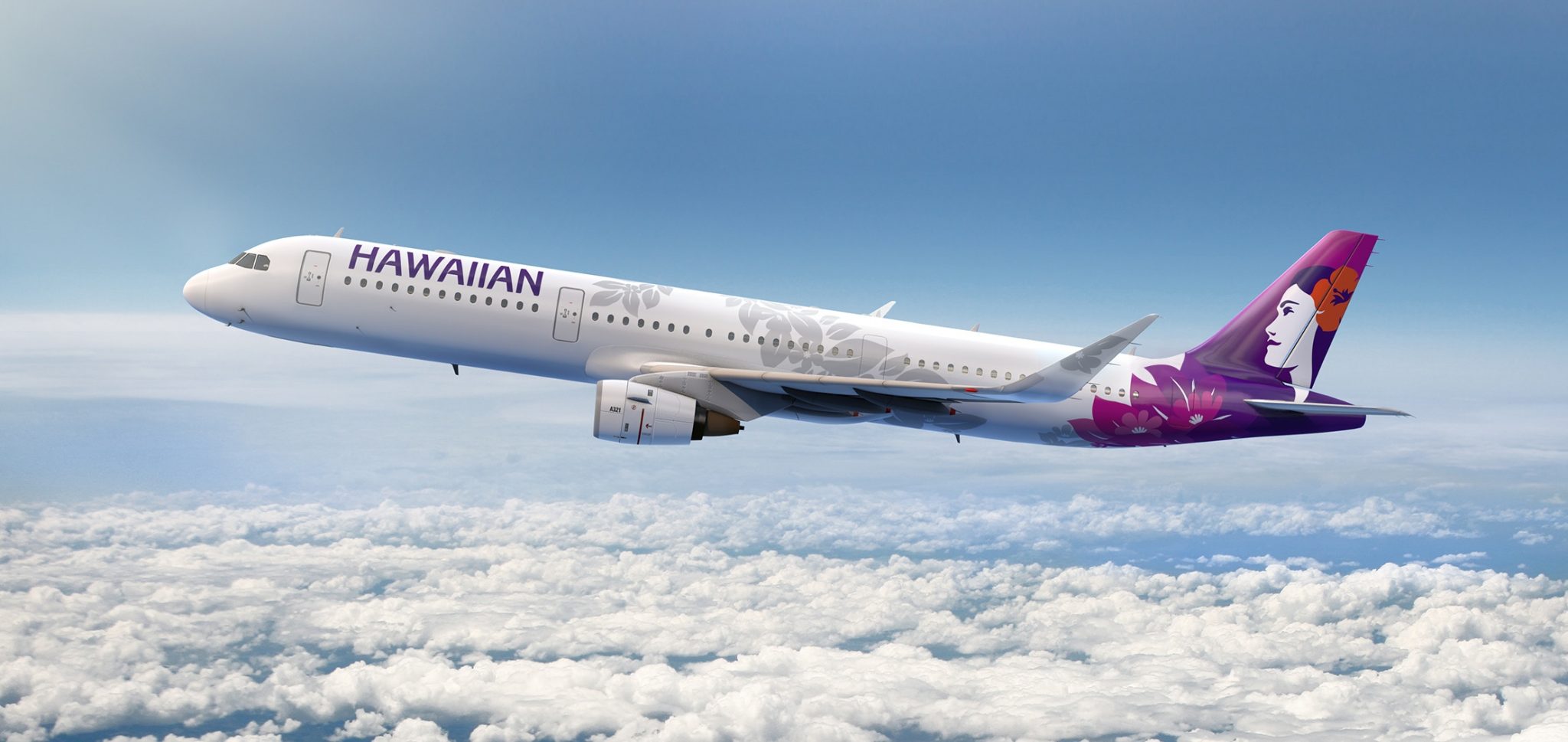Hawaiian Airlines and Japan Air Lines have expanded the geographic scope of their proposed joint venture to include numerous additional connections across Asia and the Pacific, as well as current and future service to India and Russia, in an attempt to show additional public benefits from a project they say deserves US antitrust immunity (ATI).
The revised joint venture, as described in a document published on the US Department of Transportation’s website on 13 November, moves beyond direct Japan-Hawaii flights to now include all Asia-Hawaii nonstop flights, connections between Tokyo and Guam, South Pacific connecting routes served by Hawaiian, as well as additional South Pacific points that Hawaiian might serve in the future.
“In reevaluating the structure of the joint venture, the applicants identified two additional countries that they could serve: India and Russia,” the document reads.
JAL currently serves New Delhi, India, and plans to fly to Bangalore and Vladivostok, Russia from the first quarter of 2020. The airlines argue that these flights could provide additional traffic to Hawaii and the proposed JV.
“Although the incremental traffic is not projected to be as significant as other connecting opportunities (such as to points within domestic Japan), any incremental traffic will increase the public interest benefits produced by the joint venture,» the document says.
On 3 October, the US Department of Transportation issued a show cause order tentatively approving the joint venture between the two airlines, but it stopped short of granting antitrust immunity, which, the airlines say, is integral to the venture’s success. The deadline to answer the DOT’s concerns was Tuesday.
The DOT pointed out three main issues in its show cause order: tangible public benefit, geographic scope and commitment to deliver information technology capabilities. In its 77-page filing on Wednesday, the airlines addressed all of these concerns with specific, detailed information and timelines.
In the response, Hawaiian and JAL also pledge to upgrade information technology systems to enable “metal-neutral pricing” and seamless passenger processing. The airlines say that their systems and infrastructure have been updated to allow passengers an “integrated, high-quality service.”
“In the last five weeks, both applicants reexamined their budgets and resource plans and identified a number of information technology enhancements that will quickly deliver further public benefits, such as synchronized ticketing and baggage checks, coordinated online sales and marketing channels, and more seamless customer interactions between the carriers,” the document says.
Hawaiian and JAL have had a code-share agreement in place since 2018, but they argue a joint venture with antitrust immunity is the only way to drive meaningful traffic in the region.
“Although the Hawaiian/JAL codeshare showed initial signs of success, codeshare levels have declined dramatically from 2018 to 2019, and internal data suggests that, absent ATI, this codeshare relationship will increasingly suffer,” the airlines write…



